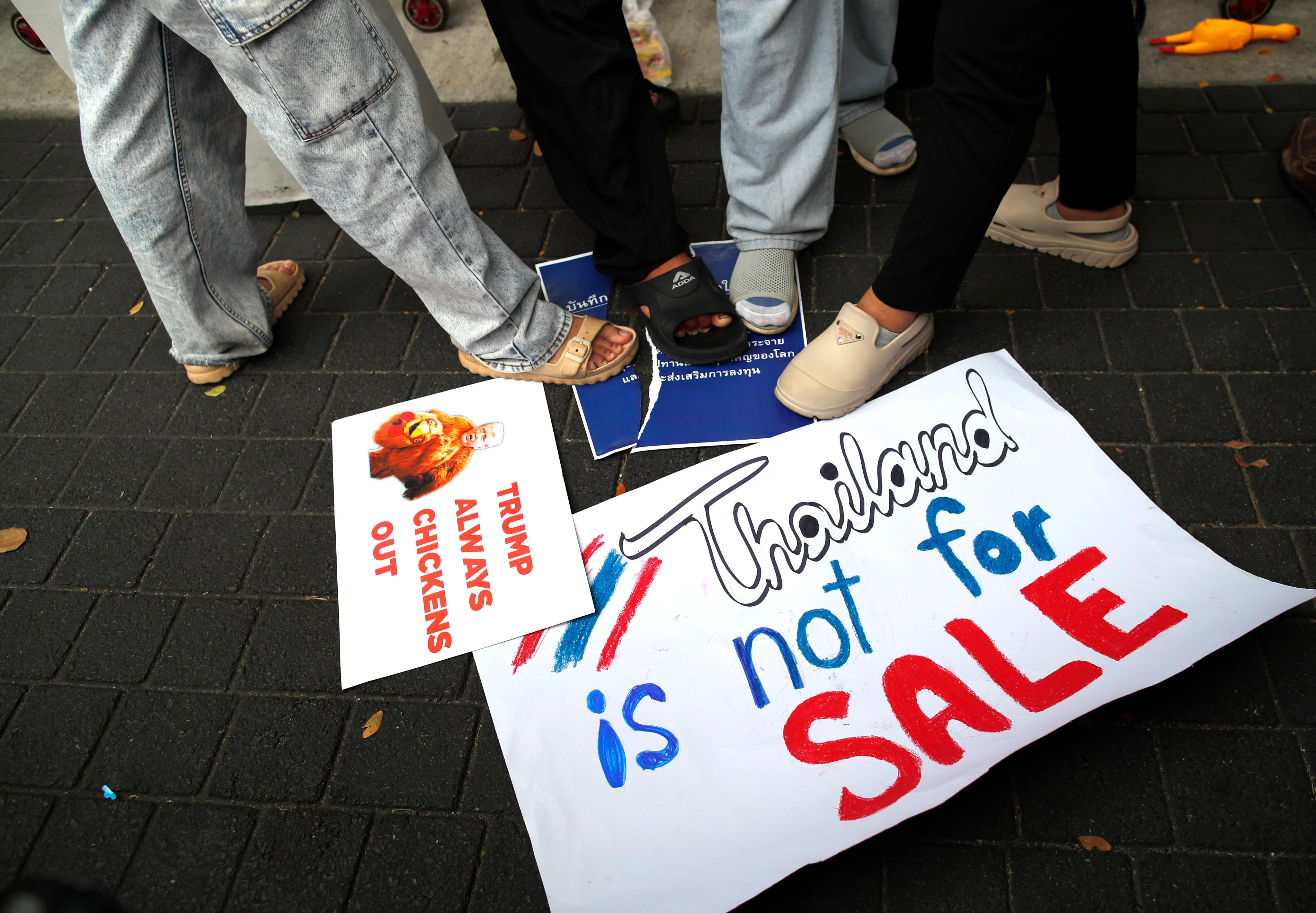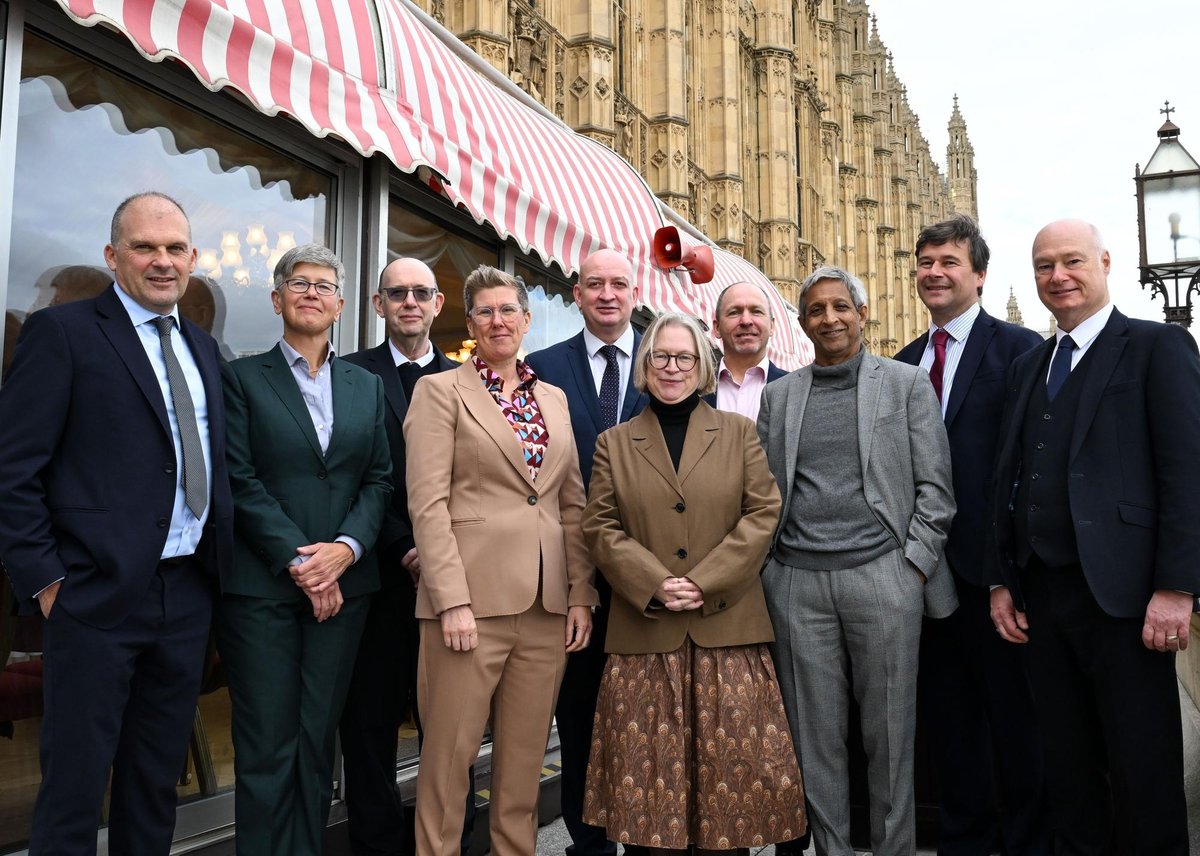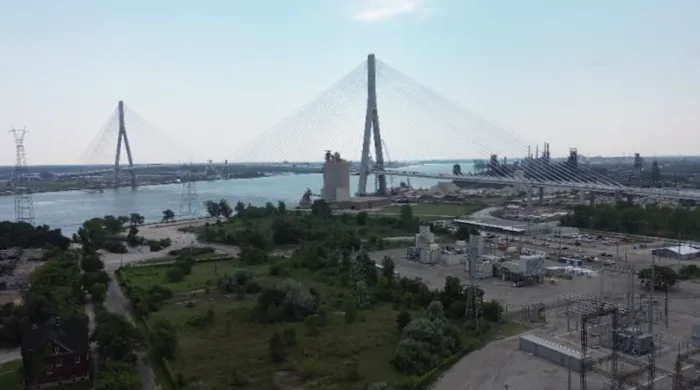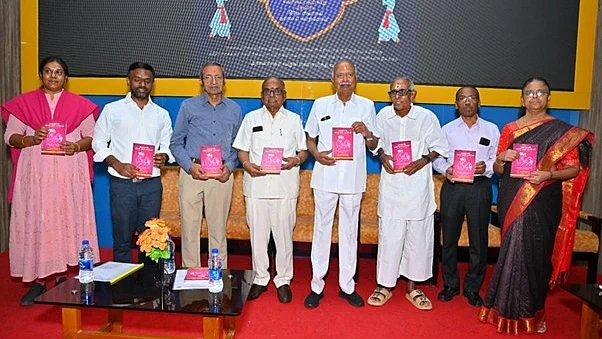Copyright scmp

Beneath hills draped in ancient rainforests, where rivers sustain millions and biodiversity flourishes, Southeast Asia hides a treasure coveted by global superpowers: rare earth elements. These minerals – neodymium, dysprosium and yttrium, to name just a few – form the backbone of modern technology, powering everything from smartphones and electric vehicles to MRI scanners and missile guidance systems. As much as one-fifth of the world’s untapped rare earth deposits are thought to nestle within the region, promising untold billions to whoever can extract and process them for a market hungry for the resources fuelling artificial intelligence, defence manufacturing and the world’s energy transition. China, long the dominant player in rare earth extraction and processing, has increasingly turned to neighbouring Laos and Myanmar in search of additional deposits. Earlier this year, Beijing sent shock waves through global supply chains by imposing export controls on its own supplies – curbs it recently expanded, before announcing it would suspend some for a year from Friday following talks with the United States and South Korea. Now, Washington is also racing to stake its claim. Donald Trump was all smiles when he arrived at the Association of Southeast Asian Nations summit last weekend, but behind the scenes the US president wielded the threat of tariffs to pressure export-driven Asean economies into aligning with Washington’s agenda. He departed with a clutch of trade agreements as well as the optics of a “peace deal” extending a ceasefire along a border that Cambodia and Thailand have bickered over for decades. More consequentially, he secured two memorandums of understanding (MOUs) with Thailand and Malaysia granting US companies preferential access to any newly discovered rare earth deposits, with both nations agreeing to offer American firms the first opportunity to invest, extract or purchase these resources at market rates. We no longer want to be a country that only digs and ships out cheap raw materials like in the past Tengku Zafrul Aziz, Malaysia’s trade minister In Malaysia’s case, an additional clause explicitly prohibits export restrictions or quotas, raising eyebrows among environmentalists and trade analysts in a country that only last year imposed a ban on raw rare earth exports to promote domestic refining and value-added industries. Both agreements include a vague provision to “review and deter certain critical minerals and rare earths asset sales on national security grounds” – with Beijing, Washington’s strategic rival, the presumed target. Denials and unease The White House says neither agreement is legally binding and may be revoked by mutual consent, but scepticism abounds that Trump’s America would ever willingly relinquish any leverage. As unease rippled through Thailand and Malaysia over the hastily signed pacts – and the uncertain value of the resources in play – both governments moved to allay fears of a sell-off of strategic national assets. “We no longer want to be a country that only digs and ships out cheap raw materials like in the past,” Malaysian Trade Minister Tengku Zafrul Aziz told parliament this week, reaffirming the export ban and outlining a policy to attract foreign investment and technology for domestic extraction and processing. “Our policy is not to prevent trade forever,” he said. “Our policy is to prevent the export of cheap unprocessed raw materials so that value is added to Malaysia.” Malaysia is simultaneously negotiating with China on rare earth processing, according to a recent Reuters report, with its sovereign wealth fund Khazanah Nasional said to be in talks with Chinese firms about building a refinery. Prime Minister Anwar Ibrahim, under fire for his apparent capitulation to Washington’s demands, insisted there was no provision in the memorandum “that cancels or prohibits” sharing rare earths with other countries. Thai officials have also been on the defensive. “This is not a binding treaty,” Thailand’s Industry Minister Thanakorn Wangboonkongchana said on Thursday. “Should any investment take place in Thailand, investors will be required to comply with Thai laws”, he added, citing environmental and public health assessments. Thailand’s government has said it sees the US agreement as a long-term opportunity to build expertise in rare earths and expand its presence in the global supply chain, while having little impact on ties with China, its biggest trading partner. Still, fundamental questions remain. Who truly stands to benefit from this new resource rush? How can extraction be managed safely, given the toxic processes involved? And, if necessary, how can Malaysia and Thailand extricate themselves from agreements with the world’s pre-eminent superpower? “These are the nation’s resources, not bargaining chips for hidden political or economic deals,” said Phattarapong Leelaphat, an opposition lawmaker from Chiang Mai, adding that terminating the deal with a country “that holds multiple leverage points over us is no simple matter”. Ecological costs China controls an estimated 60-70 per cent of global rare earth deposits, but Southeast Asia holds up to 20 per cent of known reserves, according to the Australian Strategic Policy Institute. Most of these are in Vietnam, with about 3.5 million tonnes, and Myanmar, whose rare earth exports to China were valued at more than US$4.2 billion between 2017 and 2024, according to figures from the US Geological Survey and Washington-based Stimson Centre think tank. Environmentalists warn that Myanmar’s experience stands as a cautionary tale. Mining operations, particularly those in Kachin and Shan states, have left deep scars in the landscape, with toxins seeping into soils and rivers across borders. Pollution from 19 militia-controlled sites in Shan state turned the Kok River orange earlier this year, with arsenic levels soaring in the Mekong tributary that flows through northern Thailand. Satellite imagery revealed sprawling “leaching pools” filled with chemicals designed to flush rare earths from rock. Other solvents are used to separate minerals embedded in the same ore, sometimes with devastating ecological consequences. In Thailand, government surveys indicate rare earth deposits run from Chiang Mai in the north through Mae Hong Son and Kanchanaburi down to Ranong and Surat Thani in the south. Yet even as US miners eye these resources, the pollution in the north of the country has made clear the risks posed by unregulated, or hastily regulated, extraction. “Thailand cannot realistically invest in rare earth mining in the US, because extraction there is far more expensive,” Phattarapong, the opposition MP, said in an open letter earlier this week. “The government must not approve any domestic rare earth mining operations or allow the US to use this MOU to pressure Thailand into opening up its own mines,” he added, urging the government to conduct comprehensive research and establish strong legal frameworks were in place to prevent environmental disaster. With billions at stake, Southeast Asian governments are racing to tighten oversight of their rare earth sectors. In Indonesia, authorities created a dedicated ministry this year to regulate the industry, after unchecked nickel mining for electric vehicle batteries damaged coral reefs and excluded indigenous communities from the benefits of their land’s resources. Meanwhile in Laos, calls for stricter controls are intensifying after satellite images exposed dozens of illegal rare earth mines, mostly run by Chinese operators, clustered along rivers and tributaries. Forests in peril Malaysia, with an estimated 16 million tonnes of rare earth deposits, has sought to harness its strategic assets for national gain. Southeast Asia’s only rare earth processing plant is located in the Malaysian state of Pahang. But the 140-hectare (347-acre) site, operated by Lynas Rare Earths, currently only refines ores mined in Australia. Anwar’s government has vowed not to export raw rare earths, but the language of the US deal has cast doubt on this commitment. Conservationists warn that a rare earth rush could further deplete Malaysia’s remaining rainforests, with deposits hidden away beneath the rich ecosystems of Terengganu, Kelantan, Perak, Pahang and Kedah. “Our critical minerals are primarily in high-carbon-stock areas, essentially our forests,” said climate policy analyst Aidil Iman. “This decision will only drive more deforestation.” Mining is technically prohibited in so-called Permanent Forest Reserves under Malaysia’s National Forestry Act, but Aidil warned that surging demand might tempt state governments to strip protected lands of that status. Malaysia’s New Industrial Master Plan 2030, designed to propel advanced manufacturing and green industries, envisions the rare earth sector drawing investments of up to 100 billion ringgit (US$24 billion) and creating about 4,000 jobs. About 144,000 hectares (356,000 acres) outside forest reserves had been identified for potential mining, acting natural resources minister Johari Abdul Ghani recently told parliament – though he said all projects would require environmental assessments and monitoring by the Forest Research Institute Malaysia. He added that one pilot site in Gerik, Perak, was already using “in situ leaching technology” from China – a method that uses chemicals to flush rare earths from the soil rather than excavating them. Concerns persist that existing laws are too weak, or too easily flouted, to safeguard against environmental abuse. In Kedah and Perak, illegal rare earth mining in 2022 left behind toxic waste and stripped riverbanks of their biodiversity. The Environmental Quality Act of 1974 remains Malaysia’s main environmental statute, but critics contend its penalties and enforcement are inadequate to address the scale and complexity of modern rare earth mining. Adam Farhan, co-founder of ecological watchdog RimbaWatch, called the law “outdated and too business-friendly to prevent extractive damage”. It’s extremely concerning that Malaysia is signing away its sovereign right to regulate minerals Adam Farhan, environmentalist “It’s extremely concerning that Malaysia is signing away its sovereign right to regulate minerals,” he said. Renard Siew, a climate adviser at the Centre for Governance and Political Studies in Kuala Lumpur, said that the memorandum with Washington “shouldn’t be treated as a green light to expand mining unchecked”. “Responsible extraction must include proper environmental and social impact assessments, free and informed community consent, rehabilitation of mined areas and cleaner technologies,” he said. The government insists that the “dig and dump” era of Malaysia’s extractive industries is long past, but experts warn the country risks too much by courting Trump’s White House. “While Malaysia may be rich in these rare earth resources vital for the global clean energy transition, we should not be pressured by external demands or swayed by short-term economic gains at the cost of environmental damage,” Randolph Jeremiah, vice-president of the Environmental Protection Society Malaysia, told This Week in Asia. “We need to retain full control over these resources, ensuring their exploitation is sustainable and that benefits are equitably secured for the nation in the long term.”



